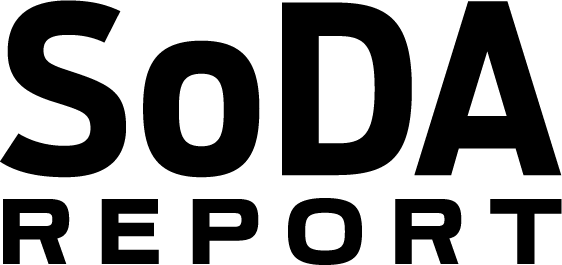How the Year of Uninvited Disruption Forced Change in 2020 and Beyond
by Tomo Murakami, UltraSuperNew
In the pre-COVID world, the agency/client relationship took on many different guises—all unique in their own way—and impossible to generalize.
Mostly everyone carried on quite nicely, with loyalty and briefs moving around. It’s become the norm for clients to award work to various agencies on a project basis now. Retainer clients are still around, but clients are looking to share the love around. As time goes on, the days of long-standing silo relationships are becoming distant memories as the lines of how we work together become blurred.
There were—and still are—clients who loved and trusted their agency, and the agency in turn worked as a brilliant and successful extension of the client’s marketing department – which is essentially the ideal scenario in any client-agency relationship. But we know that is not always the case. There are relationships which can be truly client led, with an established hierarchy and chain of command. These relationships can work well for many, not so well for others. The client essentially tells the agency what they want, often not caring about the creative aspect, the agency delivers the assets. The job is done. And so, we carried on.
UltraSuperNew has offices in Tokyo, Singapore, and Taipei, so we really did feel the paralyzing grip of COVID before it started sweeping westward. One thing that is universal, and I’m sure agreeable across the board, is that once it arrived, chaos ensued. That said, the Fukushima disaster of 2011 forced Japan to become adept in a crisis. For some time after it happened, we were living quite literally under a toxic nuclear cloud, and we actually did start to run out of food and drink; never mind having to consider panic buying toilet paper. There was poisonous danger right outside our front door. This really made us come together as a nation, it was incredibly intense, and we learned so much.
When the coronavirus pandemic hit, some brands found themselves lost, in a quandary about what to do, how to react. What was the right messaging? Supply chains collapsed, there was panic buying, fake news, cancelled events, and whole cities shut down. This is where a good agency with a strong client relationship could really come into their own. Approached with the right level of sensitivity, and with some fast thinking, just treading water and hoping it will pass soon wasn’t going to cut it.
Digital agencies, or agencies with a strong digital infrastructure, were able to move deftly and efficiently and move plans online with little notice. Everything became digital. They were able to be proactive, roll up their sleeves and take ideas and solutions to their clients, all the time being extremely sensitive to world events – mass redundancies, recession, mental health, the pressures of a world in shock, mortality rates. The messaging and approach needed to be absolutely spot on but true to brand values.
Some bigger organizations can take longer to respond and adapt because by their very nature, they are a bigger beast, there are more layers, quite often a hierarchy, so it seemed that the smaller organizations were able to navigate the landscape with ease. This is of course helped to strengthen the agency/client relationship and create a sense of comradeship which is pretty much what we were clinging on to personally as well as professionally.
How did this improve business relationships? Done right, clients appreciated and worked with us, they were inclusive and responsive. When you show that you’re helping and adding service, it naturally creates a better synergy and more trust. We had very strong client relationships before COVID, and I’m pleased to say, they still remain.
So what’s next?
It's impossible to know what this year will bring. But taking the lessons learnt from 2020, is it possible there is a shift going forward? Can agencies proceed in their client relationships with confidence in their ability to adapt quicker than they ever thought possible? With news of a vaccine, whilst not immediate and will take time to execute, there is light at the end of this very long, dark tunnel.
I believe that it’s now our job to help drive post-COVID communications forward, push brave, progressive ideas, and help our clients emerge stronger alongside us and not live in fear.
Tomo Murakami, UltraSuperNew


